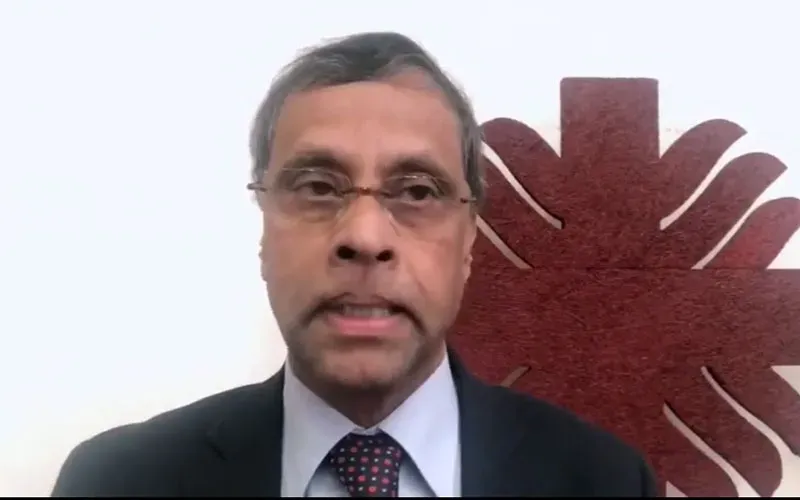The CI officials call on governments and key stakeholders to “engage at all levels and urge the implementation of sustainable recovery strategies that build on addressing the impacts of climate change and conflicts in order to enhance the resilience of the food supply chain and avoid hunger spikes.”
“Across the globe, around 276 million people face acute food insecurity, while 811 million people still go to bed on an empty stomach,” they say, and add, “Across the Sahel and the Horn of Africa regions, many millions of people are facing drought and famine conditions, and an estimated 15-16 million people across Ethiopia, Kenya, and Somalia are in need of immediate food assistance because of the drought.”
Officials of the confederation of over 160 members who work at the grassroots in almost every country of the world says the Catholic entity has a particular focus on “the Global South” where “the nexus of multiple drivers of hunger” are addressed.
They say in the May 28 report, “Caritas Confederation implements a number of community-led programs and initiatives worldwide, particularly in the Global South, to address the nexus of multiple drivers of hunger, including poverty, socio-political instability, war, access to decent work opportunities, injustice and climate change.”
“Local and national Caritas have worked on the training of farmers on agroecology, and the growth of local community economies to help cope with factors that undermine food security and social cohesion,” CI officials say.
In Burkina Faso, CI Officials say the Catholic entity has been able to assist the “more than 2.2 million that have gone hungry due to conflict and extreme weather conditions.”
“Caritas Burkina Faso has been providing the affected with food and access to social and economic services to enhance inclusion,” they say, and add, “The local Caritas has also been facilitating access to information and services for smallholders and other value chain actors in order to improve the production and processing of sustainable products and nutritious food.”
Making reference to Pope Francis' Encyclical Letter, Fratelli Tutti, CI officials say, “Millions of people suffer and die from hunger. At the same time, tons of food are thrown away. This constitutes a genuine scandal. Hunger is criminal; food is an inalienable right.”
In the light of the Holy Father’s highlighted concerns, CI officials urge world leaders and policy-makers to “allocate more funds to programs that enhance community resilience in the longer term in order to tackle different drivers of hunger, including conflict, environmental degradation, and bad governance systems.”
They also invite global leaders to “strengthen inclusive policy dialogues and transparency on structural drivers of hunger. This response should be coordinated to provide assistance to the local structural systems.”





